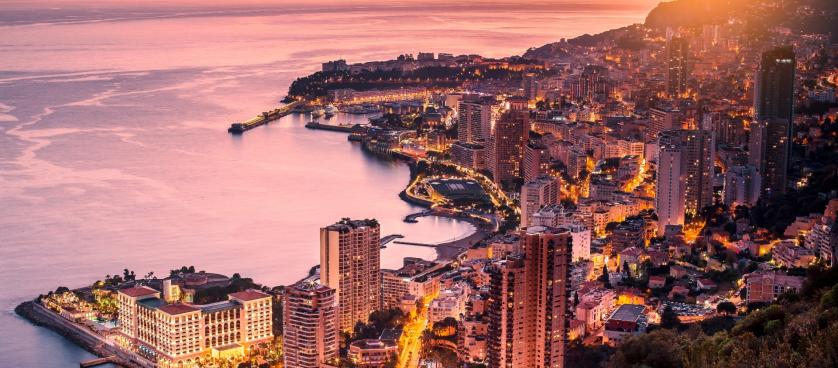
Law n°1.362 of 3 August 2009 on money laundering, terrorist financing, and corruption has significantly increased the obligations of economic actors regarding the control of financial flows. This law was recently updated by Law n°1.520 of 11 February 2022, which notably extended the legislative framework to new professionals as well as the notion of criminal activity likely to be the object of a laundering operation.
The Monegasque legislator - following the example of many countries under the impulse of the OECD and other international organizations - intended to involve employers in the implementation of measures aiming to reinforce business transparency and to tackle practices threatening the general interest.
Procedures & appointment of a dedicated person
The obligations of Monegasque employers regarding anti-money laundering rules include the implementation of procedures, adapted to the size, nature, and exposure to financial risks of the entity concerned, allowing directors and employees to report deficiencies or breaches related to the Law.
Employers must therefore allow their employees and directors to report breaches of anti-money laundering rules to a designated person, to the direct superior, or to the employer itself.
These procedures must guarantee the confidentiality of each person involved, whether it is the author of the report or the alleged perpetrator of the breach, as well as of the information gathered. They must also provide for the possibility of external reporting to the Service d'Information et de Contrôle sur les Circuits Financiers, to the Public Prosecutor, or to the President of the Bar Association, if the internal report is not subject to any follow up within a reasonable time.
Protection of whistleblowers
The confidentiality along with the protection of the report are crucial to these procedures and reminiscent of Bill n°987 related to the protection of whistleblowers in the context of labor relations.
Whistleblowers are in fact subject to significant protection under the anti-money laundering rules adopted by the Principality of Monaco.
Hence, no detail which could help identify the author of the report can be disclosed without his or her consent. Likewise, the identification of the alleged perpetrator of the breach is subject to the soundness of the alert. These rules do not apply to the judicial authority.
The whistleblower may not be held criminally liable either, even for the disclosure of a secret protected by law, provided that such disclosure is necessary and proportionate to the enforcement of the anti-money laundering, anti-terrorist financing, or anti-corruption measures.
The employee or director who makes the report may not be excluded from a recruitment procedure, from an internship or a professional training, or be subject to dismissal, sanction or any other disadvantageous professional measure.
These legal provisions are aimed at economic actors established on the territory of the Principality and directly named by the Law. However, it is important to note the extraterritorial scope of these rules, which may, in specific cases, impose obligations on branches and subsidiaries established abroad under conditions precisely defined by the texts.
Controls and sanctions
Law n°1.362 of 3 August 2009 expressly provides for the implementation of controls by the agents of the Service d'Information et de Contrôle sur les Circuits Financiers, by the Public Prosecutor, or by the President of the Bar Association, depending on the entity controlled.
Where appropriate, administrative sanctions, ranging from a warning to the withdrawal of the authorization to practice, and financial sanctions, capped at the highest amount between five million euros or ten per cent of the total annual turnover (which may be the one resulting from the consolidated accounts of the parent company), may be imposed by the Minister of State. The Law also provides for several criminal offences punishable by a fine and a possible imprisonment for up to three years.
It is essential for Monegasque employers to verify if this law applies to them and to what extent. If necessary, they should adopt the necessary means to comply with their obligations which will include training and raising the awareness of their staff regarding the anti-money laundering legislation and the reporting procedures.





